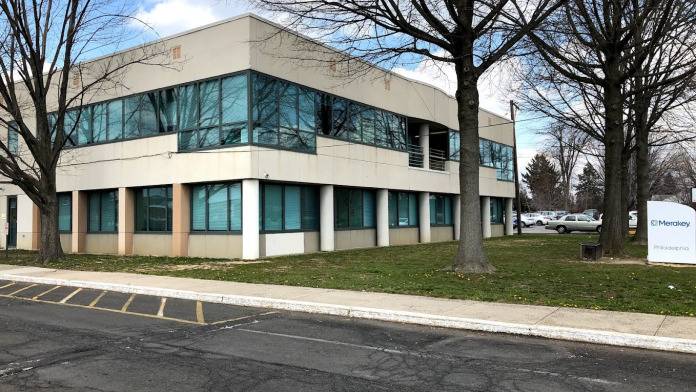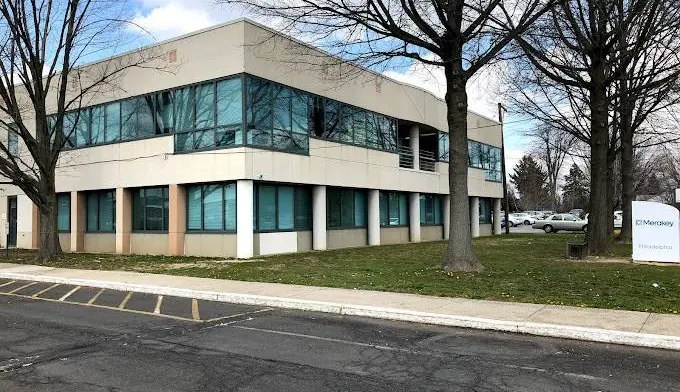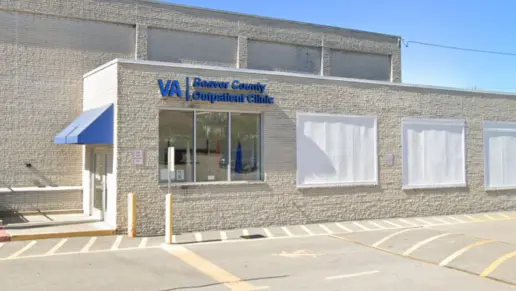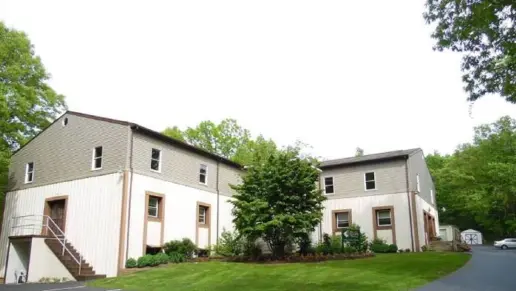About Merakey
Merakey is an outpatient behavioral health and mental health center in Philadelphia, Pennsylvania. This location used to be called Northwestern Human Services, but now they’re part of the Merakey health system. This organization has dozens of facilities throughout Pennsylvania, Ohio and several other states.
This facility specializes in both addiction and mental health treatment for adults. They can help with co-occurring disorders as well and coordinate your mental health and addiction treatment. They mostly provide individual therapy and group therapy, but they also have family therapy. Their peer support groups are a big part of addiction treatment, too, so you can work through the challenges of recovery and sobriety with others who have been in your shoes.
While their addiction treatment here is for adults, they do have child and family services at this location. They help families with issues like autism and mental health needs at any age, so they can help you with these complications, too.
I should also note that while the addiction treatment here is provided on an outpatient basis, they do have some residential treatment facilities. Those facilities are for adults with severe mental illnesses, and some are short term for crisis stabilization, while others are more long term.
A person’s experience with treatment often depends on how well they connect with their specific therapist. Clients at this center say that it took them a few tries to get paired with a therapist who worked well for them. So keep in mind that you can switch to a different counselor if you don’t get paired with a good fit right away. This can be a trial and error process but worth the treatment and support you’ll get in the long run.
Rehab Score
Gallery


Location
Accepted Insurance
Other Forms of Payment
Private insurance refers to any kind of healthcare coverage that isn't from the state or federal government. This includes individual and family plans offered by an employer or purchased from the Insurance Marketplace. Every plan will have different requirements and out of pocket costs so be sure to get the full details before you start treatment.
Self-pay involves paying for treatment out of your own pocket. You can use savings or credit, get a personal loan, or receive help from family and friends to fund your treatment. If you don't have insurance or your insurance plan doesn't cover a specific program, self-pay can help ensure you still get the care you need.
Financial aid can take many forms. Centers may have grants or scholarships available to clients who meet eligibility requirements. Programs that receive SAMHSA grants may have financial aid available for those who need treatment as well. Grants and scholarships can help you pai for treatment without having to repay.
Medicare is a federal program that provides health insurance for those 65 and older. It also serves people under 65 with chronic and disabling health challenges. To use Medicare for addiction treatment you need to find a program that accepts Medicare and is in network with your plan. Out of pocket costs and preauthorization requirements vary, so always check with your provider.
Military members, veterans, and eligible dependents have access to specific insurance programs that help them get the care they need. TRICARE and VA insurance can help you access low cost or no cost addiction and mental health treatment. Programs that accept military insurance often have targeted treatment focused on the unique challenges military members, veterans, and their families face.
Medicaid is a state based program that helps lower-income individuals and families pay for healthcare. Medicaid covers addiction treatment so those enrolled can use their coverage to pay for rehab. When a program accepts Medicaid the client often pays very little or nothing out of their own pocket.
Addiction Treatments
Levels of Care
Programs




Clinical Services
Cognitive behavioral therapy (CBT) in Pennsylvania can be helpful to individuals who are experiencing substance use disorder and various mental health conditions. It helps you identify damaging thought and behavior patterns and replace them with healthy ones.
Dialectical behavior therapy in Pennsylvania is an evidence based technique that involves group therapy, individual therapy, and phone coaching. Group sessions focus on learning behavioral skills. Individual therapy gives you the opportunity to apply what you're learning to your personal situations. Phone coaching allows you to call your therapist during the week for help with challenging situations.
Group therapy sessions in Pennsylvania offer you a safe space when you're struggling with drug and alcohol addiction. You can openly discuss your challenges and the progress you're making in rehabilitation. Sharing this responsibility with others in your group fosters a commitment to sobriety and helps create strong bonds with your peers.
Personalized therapy sessions in Pennsylvania typically include a safe and nonjudgmental setting in which you can express your deepest emotions and feelings and explore the factors that have contributed to addiction. Therapists tailor the sessions to help you develop healthier thought patterns and behaviors, which improve your self control and build a foundation for your long term sobriety.
Motivational interviewing in Pennsylvania gives you the opportunity to share your perspective and explore your ideas and motivation for change. Your therapist will walk you through the four steps of engaging, focusing, evoking, and planning to empower you to make any desired changes in your life.
It is important to process the impact that traumatic experiences have had on your life. During trauma therapy, you and an experienced therapist confront these experiences and the emotional impact it is had. This helps to reduce your symptoms of stress and anxiety and improve your overall mental health and well being.
Couples therapy in Pennsylvania is typically short term treatment that focuses on building skills that lead to positive long term relationship changes. Sessions with the therapist may occur both jointly and individually.
Family therapy teaches individual family members in Pennsylvania the benefits of collectively combating addiction. Therapists help individual members establish healthy boundaries between themselves and their loved one who is struggling with addiction. This helps improve emotional support systems and creates a bond so families work together to sustain long term recovery.
Life skills are the mental and social skills that are necessary to navigate day to day life. Addiction diminishes or eliminates these skills, so they must be relearned and practiced during drug rehab treatment in Pennsylvania.
The goal of nutrition therapy is to help you understand how your diet affects your overall health. It teaches you healthy eating habits, which speed up your recovery and give you the nutrients you need for long term physical and mental health.
Emotions that surface during experiential therapy can reveal how you've coped with situations in the past. A trained therapist will guide you through conversations about your emotions and reactions either during therapy or in a follow up session. Therapy may include activities such as equine therapy, wilderness therapy, martial arts, drama, music, or art.
Two nicotine replacement therapy medicines have been approved by the FDA. Bupropion decreases cravings and withdrawal symptoms. Varenicline reduces the urge to smoke and the enjoyment you get from cigarettes. Nonprescription therapies include gum, patches, and lozenges.
Amenities
-
Residential Setting
-
Private Rooms
Accreditations

The Substance Abuse and Mental Health Services Administration (SAMHSA) is a branch of the U.S. Department of Health and Human Services. Established in 1992 by congress, SAMHSA's mission is to reduce the impact of substance abuse and mental illness on American's communities.
SAMHSA Listed: Yes

State Licenses are permits issued by government agencies that allow rehab organizations to conduct business legally within a certain geographical area. Typically, the kind of program a rehab facility offers, along with its physical location, determines which licenses are required to operate legally.
State License: Pennsylvania

The Joint Commission, formerly known as JCAHO, is a nonprofit organization that accredits rehab organizations and programs. Founded in 1951, the Joint Commision's mission is to improve the quality of patient care and demonstrating the quality of patient care.
Joint Commission Accreditation: Yes
Contact Information
11082 Knights Rd
Philadelphia, PA 19154







